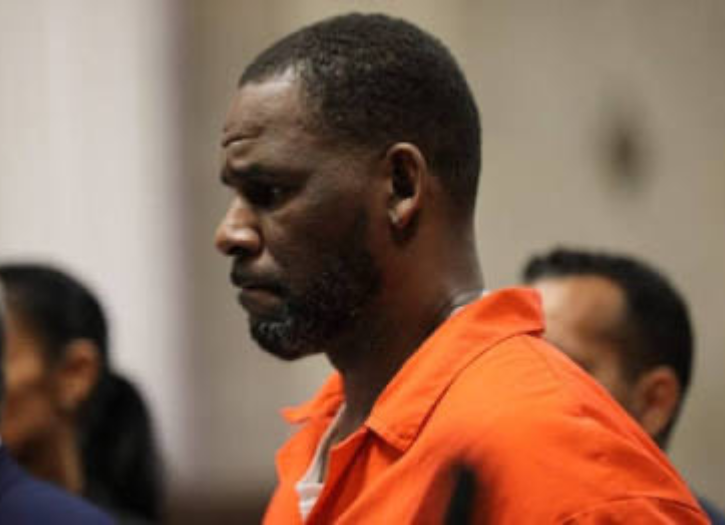R&B legend R. Kelly has made a tremendous impact on the music industry for decades. Rising from Chicago’s South Side, he entered the game as a young talent and quickly became one of the most influential figures in modern R&B. From writing and producing for artists like Michael Jackson, Aaliyah, Celine Dion, and The Isley Brothers, to releasing timeless solo records like “I Believe I Can Fly,” “Step in the Name of Love,” and “Ignition (Remix),” his contributions to the culture are undeniable.
Beyond his solo artistry, Kelly’s fingerprints are all over R&B and hip-hop history. He discovered talent, helped develop stars, and created sounds that still resonate today. His influence spans decades and genres, shaping both the commercial charts and the underground.

Now incarcerated, Kelly is once again in the headlines—this time for a chilling reason. On June 11th, his attorney Beau B. Brindley made a startling public statement, claiming that his client’s life may be in danger due to what they describe as a corrupt effort to silence him.
“Federal officers have solicited the murder of R. Kelly because he intends to expose the corruption underlying his federal prosecutions. We have filed our motion to make sure that they fail,” Brindley said in a statement to USA TODAY.

“The only thing that can protect Mr. Kelly behind the prison walls now is the fact that the world is watching. And we will call on the courts and President Trump to help put an end to the corruption that now Threatens Mr. Kelly’s life.”
It’s heartbreaking to see this unfold with the alleged allegations at the center of his story. If you’re a true music lover, it’s difficult not to feel conflicted—acknowledging that all may not be right regarding his actions, yet recognizing the deep cultural disappointment when justice appears to lack fairness or balance.
In a time where society claims to stand for justice and equality, it raises a critical question: Are Black entertainment professionals at risk when they reach a certain level of influence and success? Many have fallen, and while some of the allegations carry truth, the weight of punishment—when compared to others in similar positions—often feels uneven.
It sparks a broader conversation about systemic oppression, selective accountability, and the painful reality that as a culture, we still struggle to move past mistreatment and toward true justice. If reform is the goal, it must begin with fairness—not fear.
As this story develops, the world is watching—not just the fate of one man, but how society chooses to treat those who built the very foundation of the culture it profits from.







Add Comment
You must be logged in to post a comment.